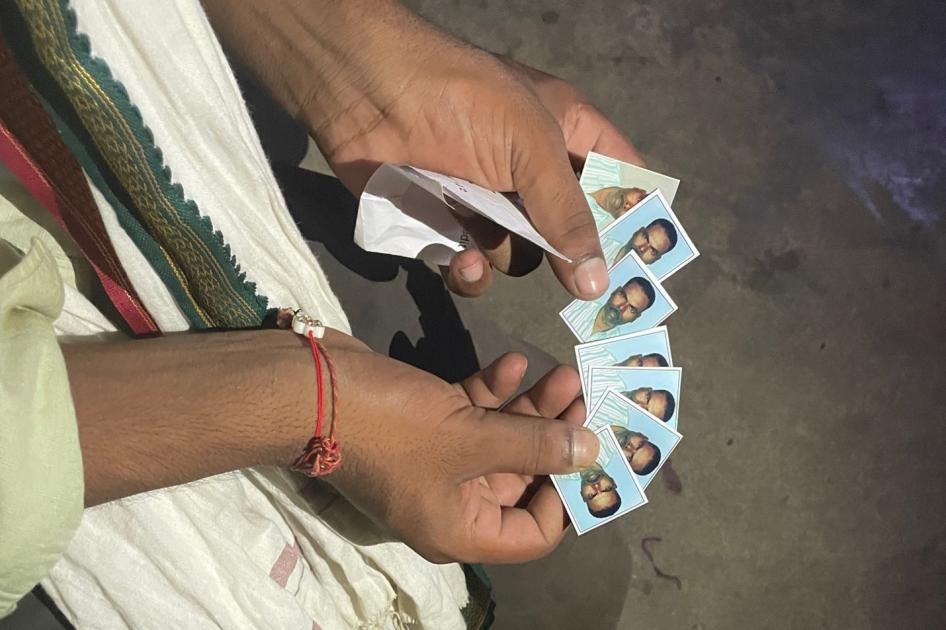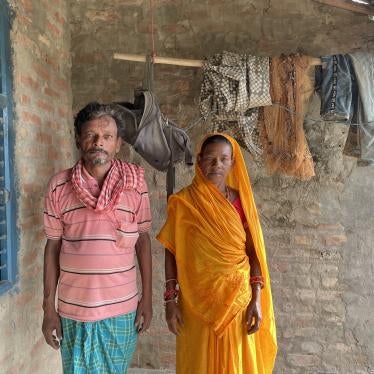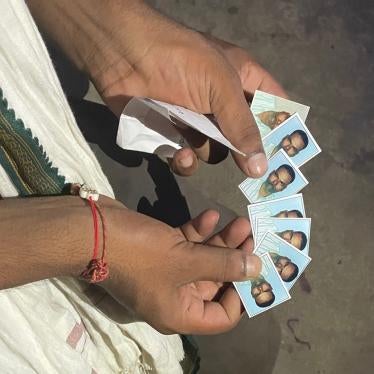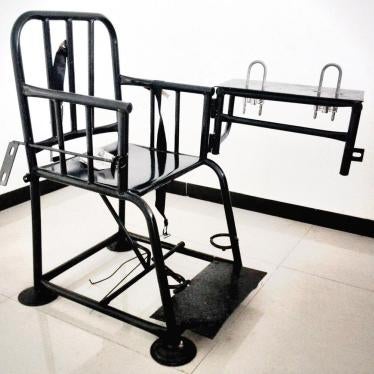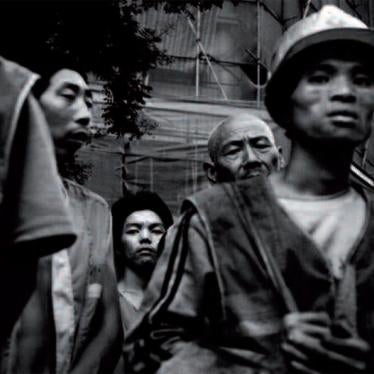On 18 December 2022, the Men’s World Cup football final will be held at Qatar’s Lusail Stadium. It will mark the end of a journey that started in December 2010 when Qatar was awarded the tournament hosting rights.
18 December is also International Migrants Day, a day set aside to honour migrant workers for their contributions and sacrifice. It is also Qatar’s National Day.
Over the past 12 years, millions of migrant workers have toiled to make the 2022 World Cup possible, building key infrastructure, including the stadiums in Qatar. However, these workers have always been at the margins, and the authorities have been less than responsive to their abusive work conditions.
Qatar’s Labour Minister recently rejected proposals for a remedy fund for abuses faced by migrant workers, including uncompensated deaths, further highlighting the lack of recognition for the people who perform the vast majority of the country’s labour. FIFA, football’s governing body, has not made a decision.
But South Asian governments, too, share responsibility for these abuses. They wasted many opportunities to collectively push for reforms to address shared concerns, including numerous unexplained, uninvestigated and uncompensated deaths, high recruitment fees, and wage abuses.
The preparations for the tournament owe a lot to South Asia. It is not just that the footballs are made in Sialkot, Pakistan. Every state-of-the-art stadium in Qatar, and all of the US$220 billion in surrounding infrastructure, is largely built by South Asians. Migrant workers from the region are also employed in stadiums, hotels, malls, and airports, providing key services. The remittances these workers send to their families are critical to make ends meet—often the only source of income for many families.
FIFA, football’s global governing body, has been a complacent enabler of abuses, while Qatar, the host country, has faced well-deserved criticism for the high human cost of the Road to 2022. FIFA did not carry out human rights due diligence over the abusive kafala labour sponsorship system in Qatar, or the prohibitions in Qatar that keep workers from forming unions or striking.
After years of pressure over the conditions, the Qatari government introduced reforms that partially addressed key abuses. The government set up a Workers’ Support and Insurance Fund that became operational in 2020 to ensure that workers are paid even when companies fail to do so. Over $320 million has been disbursed as of September 2022 — an indication of the wide-scale nature of the problem.
Such initiatives have had immediate impact on families far away. One South Asian worker told Human Rights Watch in July that he waited months for the system to process his request and send his money, even contemplating suicide, knowing his family had to take loans for his children’s education and parents’ health bills.
Furthermore, only a small fraction of workers secured jobs without paying illegal recruitment fees. One lucky worker said, “If I had not come for free and had paid recruitment fees as is common for Indians, my first paycheck would be going to the local money lender back home, and not to my mother.”
But most of the migrant workers ‘paid to build’ the multibillion infrastructure project in the scorching heat. A 2020 survey found that the average recruitment costs for Bangladeshis going to work in Qatar was around $3,863, equivalent to 18 months of earnings in Qatar. A significant portion of the remittances are simply spent to pay off loans taken to get these jobs.
Companies affiliated with Qatar’s Supreme Committee for Delivery and Legacy, the body responsible for planning and delivering World Cup infrastructure, have committed to reimburse over $28 million in recruitment fees to 48,814 workers in Qatar. While a positive initiative, its impact is inadequate considering that it does not cover most migrant workers who helped build and service the necessary infrastructure for the World Cup. At any given time, there are over 2.2 million temporary migrant workers in the country.
Qatar deserves credit for attempting reforms, but the benefits have been limited due to their late introduction, narrow scope, or poor enforcement. This is why Human Rights Watch, Amnesty International and other organisations have called on FIFA and Qatari authorities to remedy past and ongoing abuses during World Cup preparations, including deaths, injuries and wage theft.
Despite growing pressure from sponsors, football associations, former players and fans, FIFA is dragging its feet while the Qatari Labour Minister rejected the call last week, labelling it “a publicity stunt.”
Qatar and FIFA still have a chance to shape the legacy of the World Cup. They have the resources and responsibility to remedy these abuses.
The labour minister said that “every death is a tragedy”. But the greatest tragedy is that the authorities failed to properly investigate the causes of many worker deaths, deeming them ‘natural’, ‘unexplained’, or ‘cardiac arrests’, leaving their families without compensation because these causes are not considered work-related. Without adequate investigation, deaths caused by working conditions such as heat stress have gone uncompensated.
FIFA has provided a total of $260 million of what it calls ‘legacy funds’ for humanitarian causes to host countries for three previous tournaments: in South Africa (2010), Brazil (2014) and Russia (2018). Qatar should be no different. It needs to set up a remedy fund for abused workers and the families of those who died unless it wants its legacy for the 2022 World Cup to be about worker abuse.
There is one last opportunity for South Asian governments to back the call for a remedy and to work to ensure stronger protections for their workers. In particular, they are well placed to respond to Qatari authorities who claimed there is no data to establish these funds, with the Qatar Labour Minister asking: “Where are the victims, do you have names of the victims, how can you get these numbers?”
South Asian governments can be an important resource to connect FIFA and Qatari authorities with families of migrant workers. This requires a detailed review of the existing databases and welfare systems. The Qatar government and origin country governments also have data of worker deaths because of the bureaucracy that families have to navigate to repatriate deceased loved ones. Origin country governments can also seek support from local civil society groups and media to locate families of deceased workers and other victims, putting out calls for information on national media outlets and government websites.
The problem of establishing a compensation fund for migrant workers and their families has never been about data, —which is available, but about political will.
Only if there is remedy will this tumultuous, 12-year journey end on a more humane note on 18 December 18, the day of the final of the 2022 World Cup, and more important, the International Migrants Day and Qatar’s National Day.
This article was co-authored by Meenakshi Ganguly, South Asia Director at Human Rights Watch, and Mohna Ansari, former member of Nepal's National Human Rights Commission.
